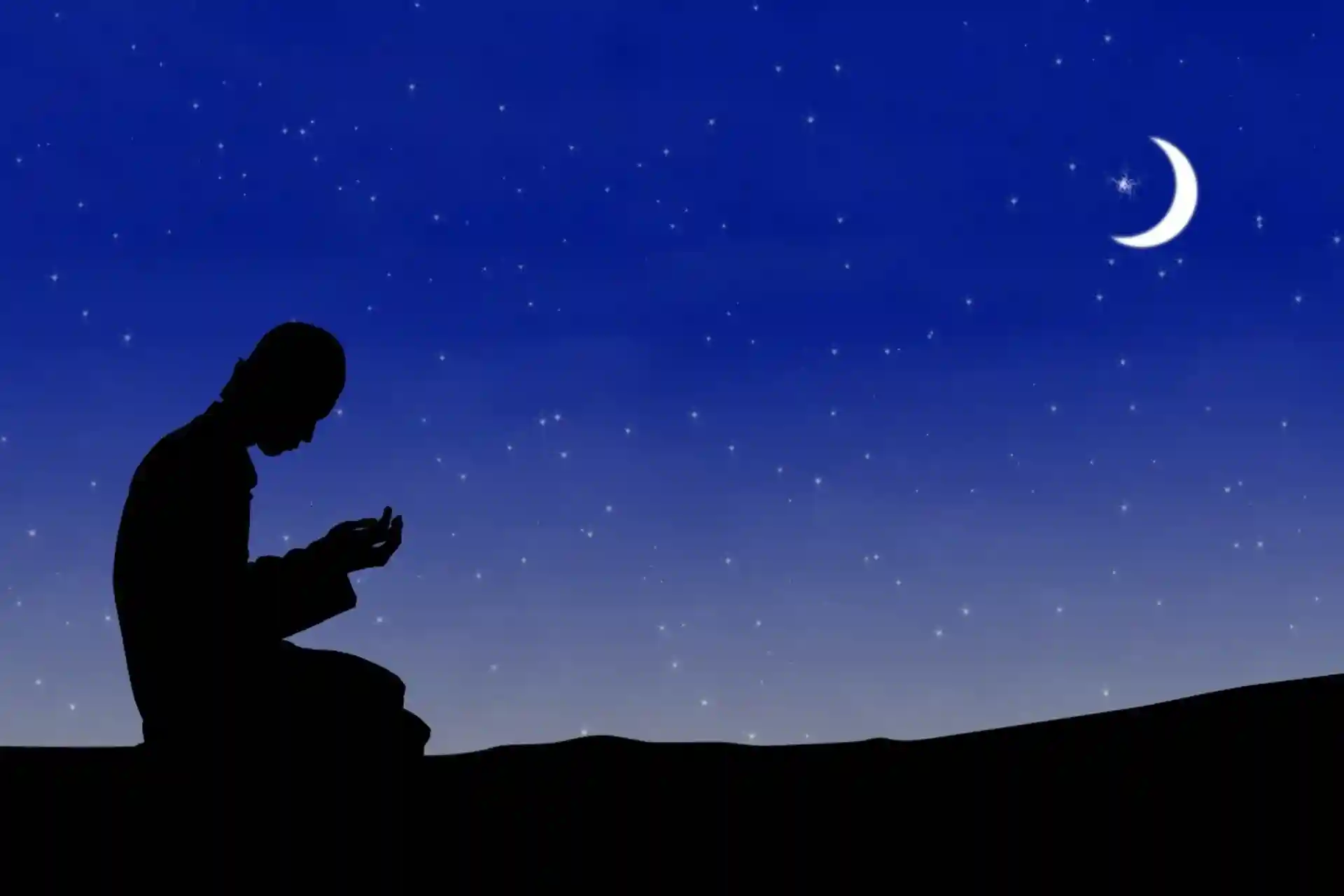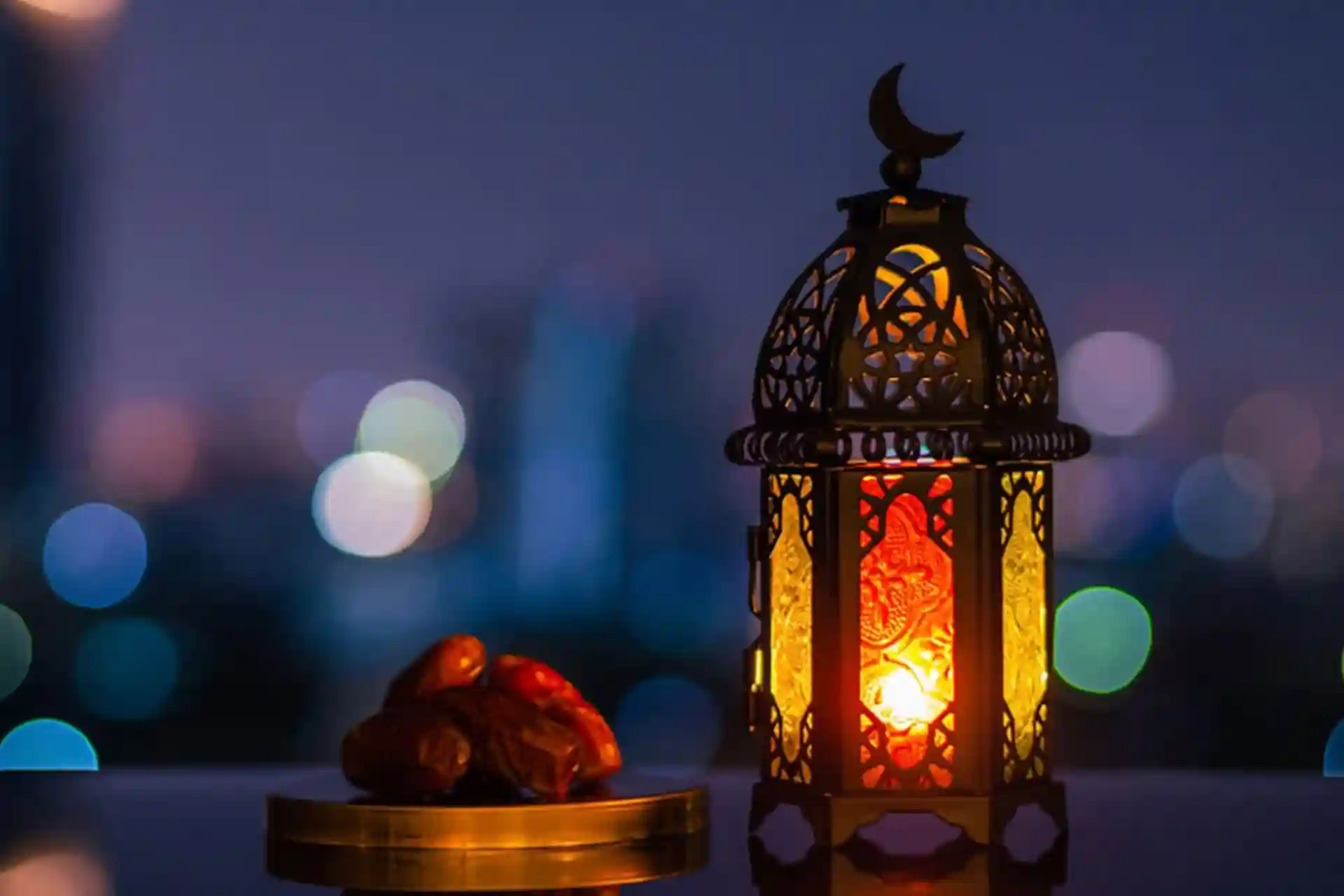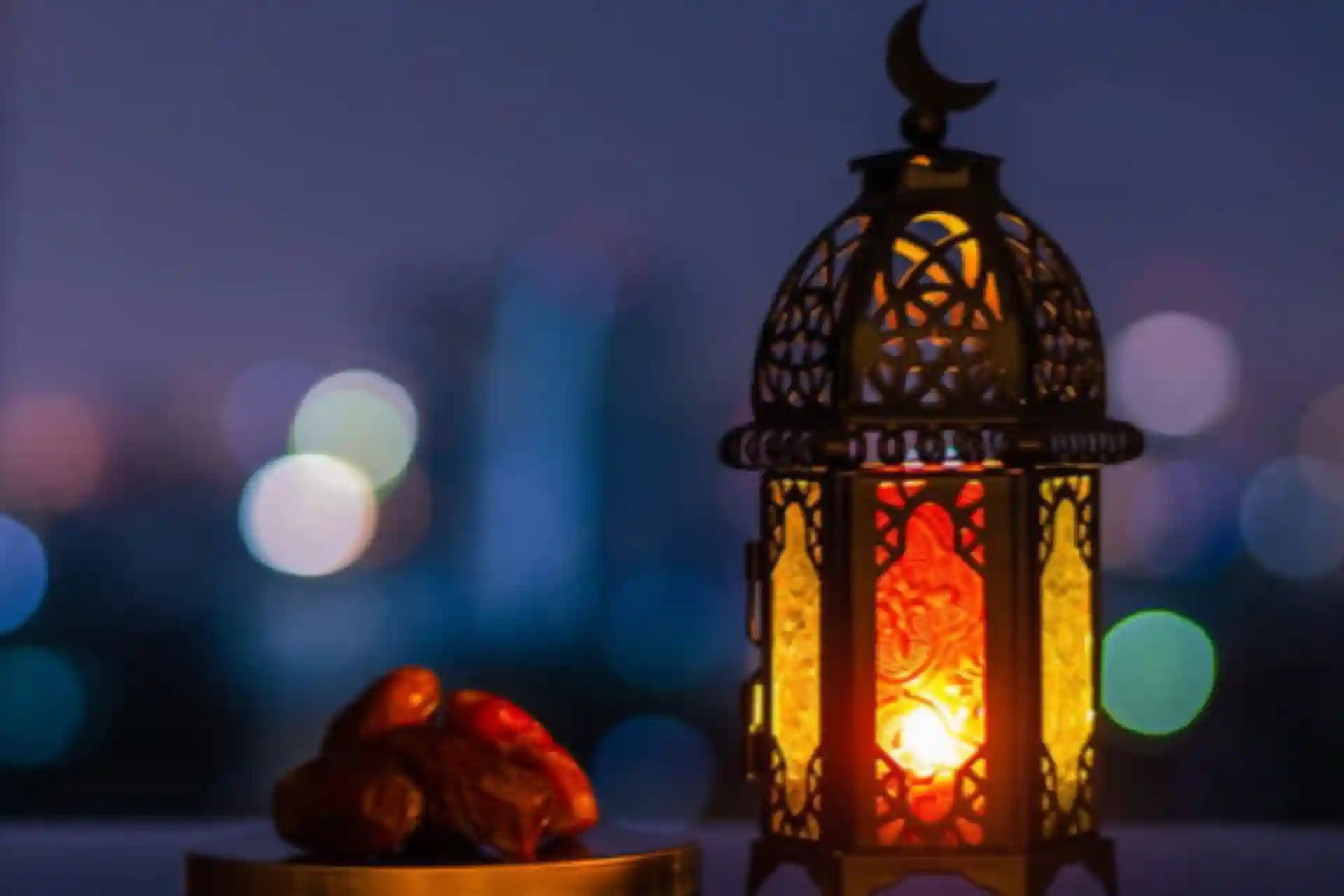26.03.2025 16:23
1481
NIGHT OF DEDICATION...
The Messenger of Allah (peace and blessings of Allah be upon him) gave the following blessings:
"taharāẘa laiblaḥa al-qadri fī al-wit̊ri mina al-ʿāsh̀ri al-aḥwākhiri min̊ Ramadan"
(Rawāhu الشاییکانی عانْ عایپشاها رادیا الشاییکانہا)
That is: “Search for the Night of Power in the odd nights of the last ten days of Ramadan.” (Narrated by Imam Bukhari and Imam Muslim)
Our scholars, who have studied the evidence about the Night of Power, have stated that there are some hints that the twenty-seventh night of Ramadan (the night between the twenty-sixth and the twenty-seventh) is the Night of Power. They also said that there are slight hints in the interpretation of Surah Al-Qadr that the Night of Power is on the twenty-seventh night. For example, in Surah Al-Qadr, the word “Laylatul Qadr” is repeated three times. In fact, according to the rules of Arabic eloquence, pronouns should be used in such a situation. However, the Holy Quran is superior to any relative laws that we know. The scholars who knew this said that it is not by chance that this very word “Laylatul Qadr” is repeated three times, and they extracted some hints from it: In Arabic script, the word “Laylatul Qadr” consists of nine letters. Its three repetitions mean that the sum of these letters is twenty-seven. They say this indicates that Laylat al-Qadr falls on the twenty-seventh night.
Furthermore, this Surah consists of thirty words. The twenty-seventh of these words is the pronoun “هِيَ ” meaning “He”. This pronoun is used to refer to “Laylatul Qadr”. Therefore, it is said that there is a slight hint here that the Night of Qadr is on the twenty-seventh night.
Therefore, a Muslim should strive to pray diligently during the last ten days of Ramadan, and especially on the 27th night, he should devote himself to prayer more intensely than on any other day. Perhaps, by His abundant mercy, Allah Almighty will enable us all to find a night that is better than a thousand months!
When our mother Aisha (may Allah be pleased with her) asked, "O Messenger of Allah, what should I pray for if I manage to find the Night of Power?" the Prophet (peace and blessings of Allah be upon him) replied:
"Allahhumã ại̹nãka ʿufūuⁿ̃ karīmuⁿ tuḥibû al-ʿaf̊wa fāʿ́fu ʿanĩy"
(رواح الامامو الترمدهي عن عظشة رديا الله عنها)
That is, he said: “Say: ‘Allahumma innaka Ḥafuwwun, tuhibbul Ḥafu Ḥafu Ṣanni’, meaning, ‘O Allah, You are the Forgiving and You love to forgive. Forgive me (my sins)’” (Narrated by Imam Tirmidhi).
Therefore, it is advisable for the fasting person to stay awake on this night and call his family, friends, and relatives to do good deeds. He should hope that Allah Almighty will reward him with a reward better than a thousand months of worship from the blessings of that night.
We should spend the Night of Power with meritorious deeds such as nafl and qada prayers, dhikr and tasbih, reciting the Quran, and reading books. It is also appropriate to take advantage of the opportunity to make supplications to Allah Almighty at the end of our worship, so that we may leave the month of Ramadan free from sins and achieve all our noble goals, and to ask Allah Almighty to make our country peaceful and protect us from all kinds of disasters.



